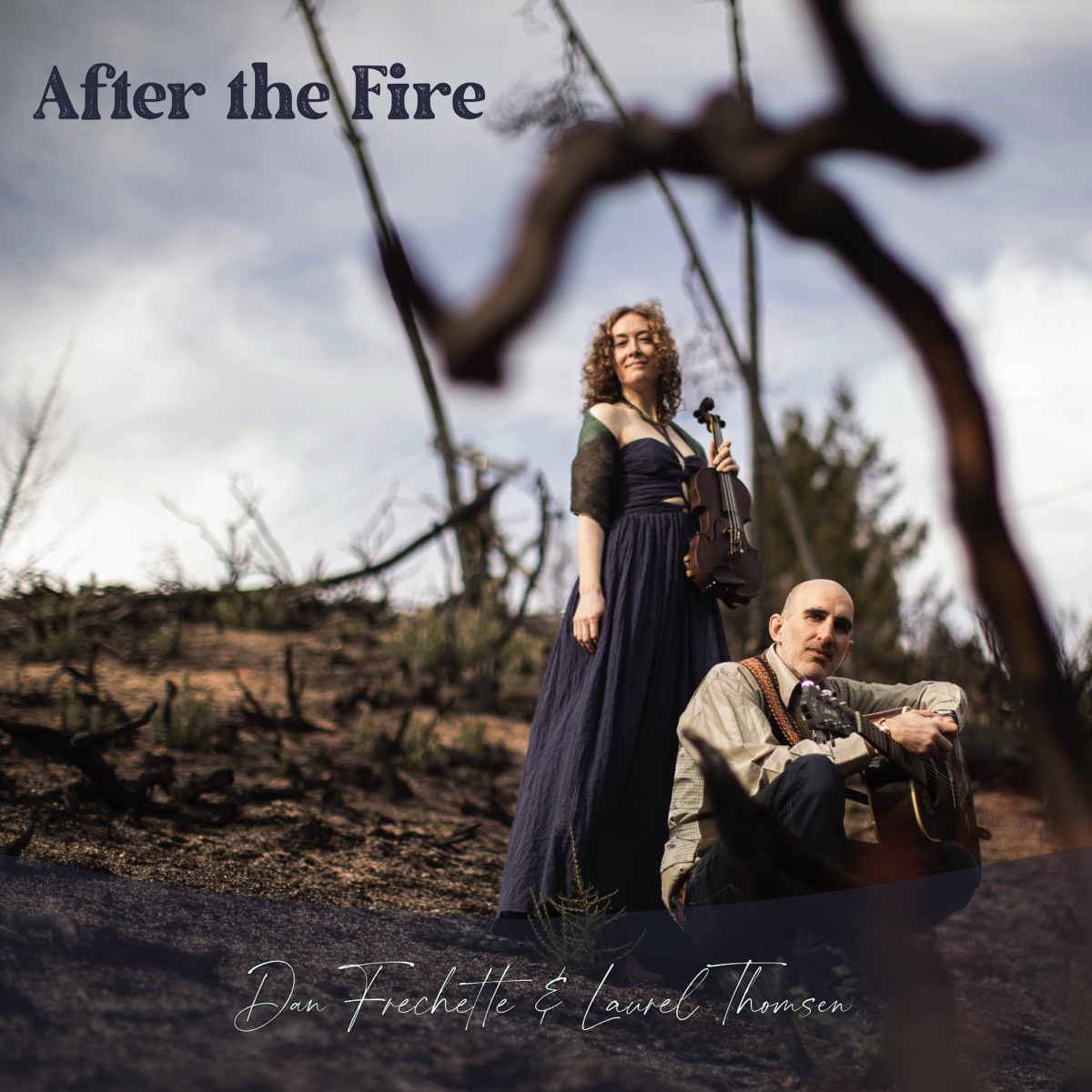Never heard of Parkour? I hadn’t either until a few weeks ago when a friend tried it. Wikipedia describes it, based on the original French name, l'art du déplacement (the art of movement), as a “physical discipline of training to overcome any obstacle within one's path by adapting one's movements to the environment.” Search for it on YouTube and you’ll see the human body functioning in top form - guys launching spider-man style across rooftops, walking up walls, swinging from balconies, basically finding the most efficient way to get from point A to point B stunt man style. Amazing feats!
What does this have to do with playing a stringed instrument? Well, here’s my Parkouresque definition of learning to play the violin: a physical discipline of training to overcome any technical obstacle on the violin by adapting one's movements to the instrument and music (environment). What amazed me most about watching Parkour videos was how mobil, adaptive, fearless, and somehow, relaxed these men seemed despite the intense physical and mental demands. “Parkour is about training the "bodymind" to react to obstacles appropriately with a technique that is effective (“Parkour” Wikipedia).” For instance, when landing, sometimes from a two or three story jump, every joint in their bodies seemed to give in to this movement - adapting to the falling, then in turn to the landing. There was hardly a sense of impact. Upon contacting the ground they seemed like giant springs contracting then expanding. Sometimes they rolled upon landing, even on concrete, only to spring back up and sprint to the next obstacle. Had there been any “bracing for impact” I suspect for many the next “obstacle” would be getting to the hospital.
So the question arises: How adaptive are we as musicians? Physically, mentally, emotionally? Do physical tensions make futile our technical attempts? Do fixed mental states keep us from trying new approaches? Despite the varying demands of the music do we approach playing the same way all the time, using the same type of bowing, the same vibrato, getting the same tone? Does fear keep us from opening up to joyful expression?
I believe that being adaptive requires a certain alert relaxation, both mentally and physically. Mentally, not the type of relaxation that leads quickly to sleep, but a simple disregard for anything that does not contribute to the present task at hand. Physically, not flaccid muscles, but flexible, pliable ones able to react instantaneously with dynamic, efficient movement.
How do we begin to cultivate such an alert relaxation? First of all, remember that it is this sense of “bracing for impact” that creates the tension. Our body goes rigid, our mind becomes dull, mistakes occur, creative solutions allude us, and we disconnect from the music. We need to put on our detective hats and root out all the tensions, shine the light on all the places, physically and mentally where we hold fear.
Some ideas to get you started on your search:
Physical component: When the tough passage approaches do you brace for impact or give in to the “environment” that is your technique and the requirements of the music you’re playing. First of all, throw out the idea that playing a stringed instrument comes with a certain amount of strain and tension. As awkward as playing the violin or viola, or even the cello or bass can feel, it can also feel completely natural if you use your body’s natural mechanics. How do your fingers and arms naturally move? How much energy is really required for the “obstacle” presented in the music you’re playing? Too little and the job won’t get done, too much and you’re stamina will suffer. Consult your body frequently while practicing, learning your body’s unique tension triggers so that you can maintain pliable muscles and joints able rise to any challenge.
Mental component: Despite hours of practicing the same difficult section over and over do you still make the same mistakes when it comes time to perform, be it in a lesson or in a concert hall? Why? I suspect that like me right before almost every mistake you’ve ever made has popped a fear-based thought: “I hope I make this shift”, “Oh no, a fourth finger”, “The fast part is coming”. What if all those went away? I haven’t mastered this one yet, but in general, thinking less about technique and more about sharing the music as I hear it internally keeps me relaxed in the present, in the flow.
Our technique gets us from point A to point B. It is not the goal. I think we often get caught up in expressing technique through our playing. What if we focused instead on expressing music? Ideally, we need to focus intently on learning the most efficient technique, but then get back to playing music. How many aspects of your playing do you still think of as “hard” even though you learned them years ago? Shifting? Playing with the fourth finger? Each of us has a unique list that is probably a little outdated. Maybe those things were hard at first, but if you relieve yourself of continuing to think that they are challenging, they may prove to no longer be a problem. I doubt Parkour practitioners are constantly thinking about the minute details of each and every move they make. No. As far as I can tell they know their goal, have practiced their technique, and when it comes time to “perform” they are simply in the flow of the moment, acting and reacting as their environment changes around them.
So, when you think “the fast part is coming”, think, so what, and remember instead to enjoy the music you are sharing with yourself, your teacher, your audience. I count my “in the zone” moments as my most treasured experiences with the violin. During them I enjoy the unique perspective of an attentive audience member with the unique ability to also alter every nuance of the music I’m experiencing.

